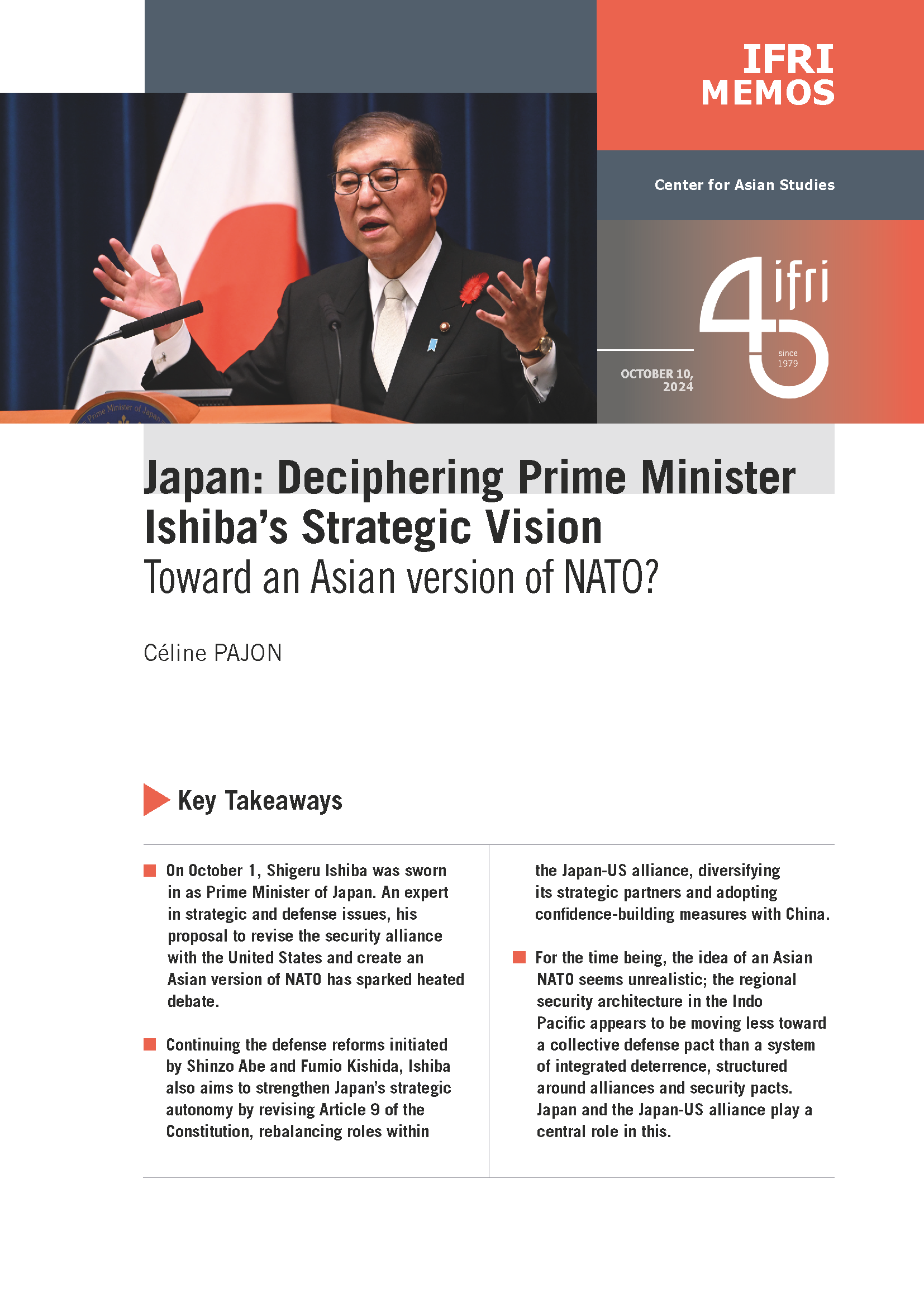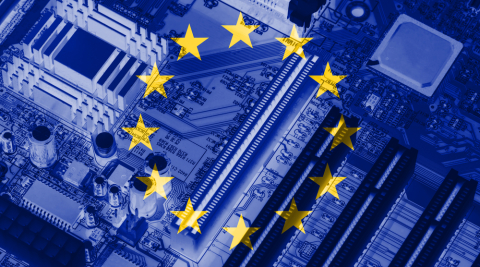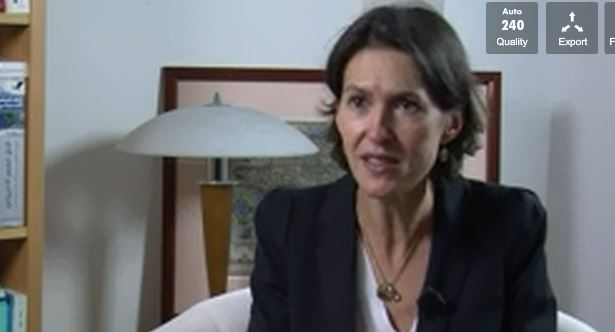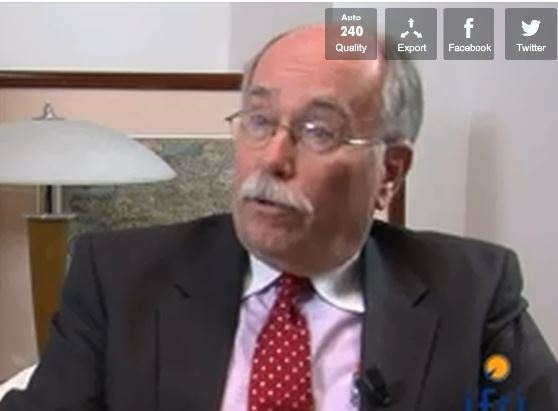Europe
Europe is described here in a geographical sense. It is not limited to the European Union, and includes, for example, the United Kingdom and the Balkans. It remains central to international relations.
Related Subjects
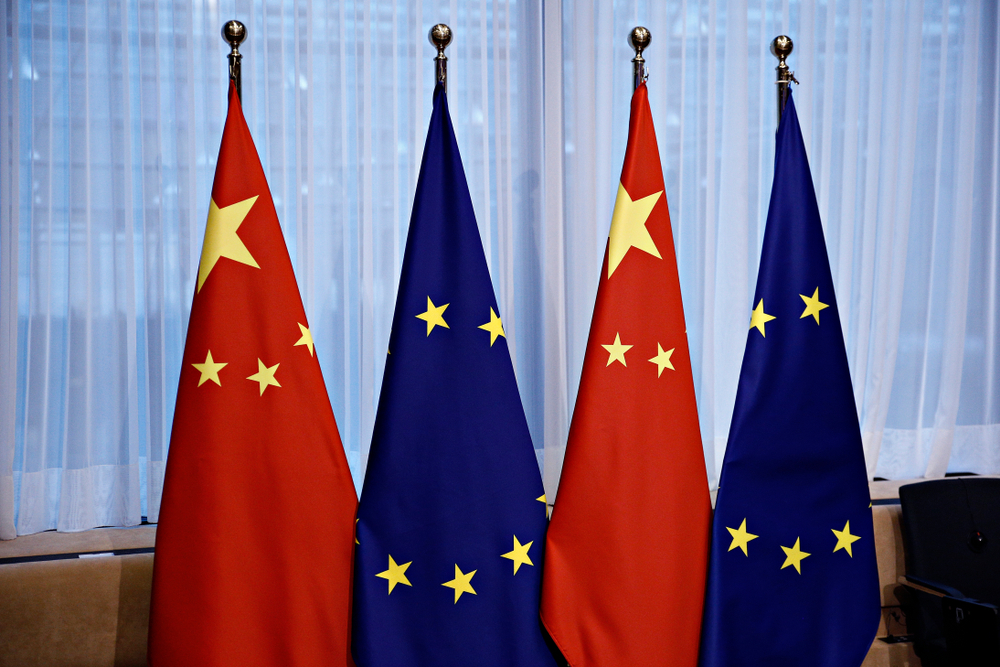
The Future of Europe’s Strategic Deterrence is (also) at Sea
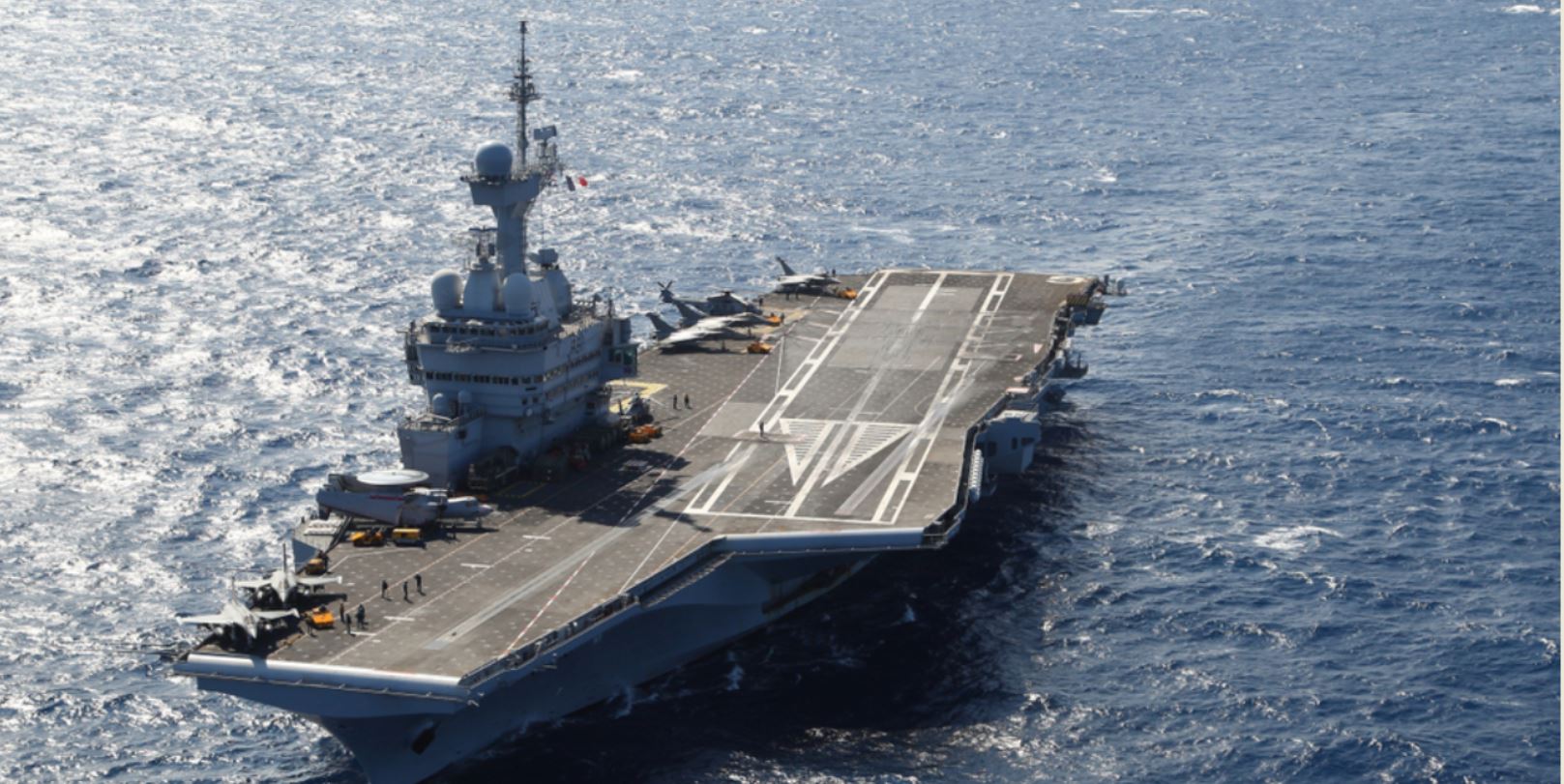
A cursory look at both France and the UK suggests that the future of European nuclear deterrence is at sea.

TISA, TTIP: How Trading is Done on Europe’s Behalf
The way in which bargaining mandates are granted to the Commission for the purpose of leading the European Union’s commercial negotiations make it a unique negotiator.

Accommodating Refugees: The Other European Crisis
The European Union (EU) has been trying to establish a common European asylum system for fifteen years. This project has been stalled by disagreements between states, each looking out for its own national interests.

Migratory Flows in the Mediterranean
The current crisis in the Mediterranean is a part of an unprecedented global migratory movement.
Ifri’s conference on the New Frontiers of Energy Identified Strategic Orientations for the European Energy Union
The Ifri Center for Energy held its annual conference in Brussels on March 4th, 2015. The event gathered more than 150 participants, together with prominent policy makers, industry leaders and distinguished academics to discuss how the European energy policy can deliver effective results in light of geopolitical upheavals, technological developments and governance issues.
To download the presentations, click here
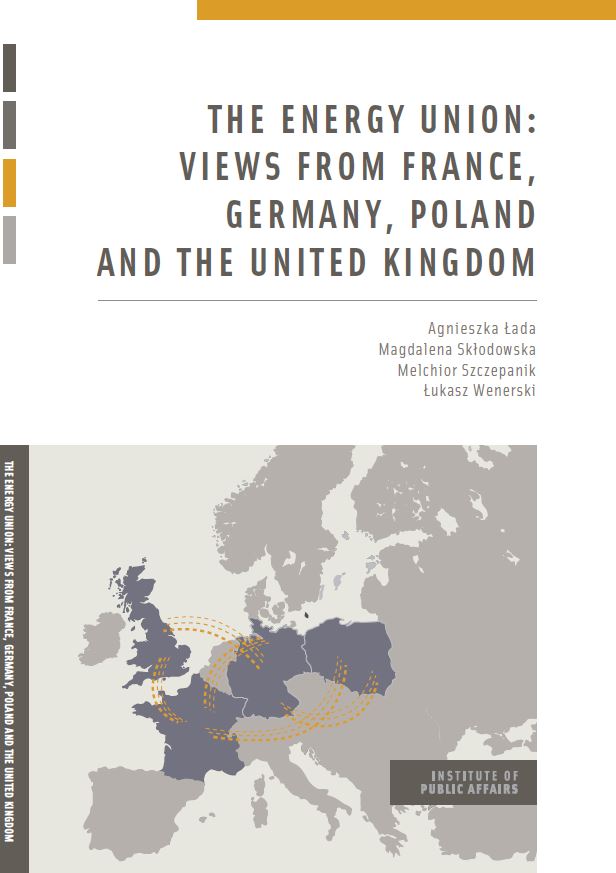
The Energy Union: Views from France, Germany, Poland and the United Kingdom
Report published by Instytut Spraw Publicznych (ISP) and presented at the 1-2 July 2015 conference organised by ISP, Stiftung Genshagen and Ifri: "Energy Union - Germany, France and Poland between common European goals and divergent national approaches". Melchior Szczepanik (ISP) and Carole Mathieu (Ifri Centre for Energy) co-authored the chapter dedicated to the French perspective on the Energy Union.
L'échiquier numérique américain : Quelle place pour l'Europe ?
The United States has established itself as the indisputable global leader in the digital market followed by more interventionist actors such as Russia and China. Europe has fallen behind as it struggles to find its place in this crucial sector. The new European Commission must respond and provide Europe with tools to compete with the market's more dominant actors.
Building Bridges Conversation Series - Slovakia & Poland
This first episode of the Building Bridges Conversation Series is part of the "Building Bridges" project, which aims to foster debate on the future of the European Union and offer top quality analyses on how each member state perceives the EU. In this video, Vivien Pertusot, coordinator of the project discusses with Ana Benje from Comenius University (Slovakia) and Nathan Dufour from PISM (Poland).


What Greece needs is good governance not a referendum
Without real and profound change in Greece's dysfunctional state, it is almost irrelevant whether the country reaches a short-term deal with its creditors or not, say analysts. "Greece cannot perform economically well in the long-term without major structural reforms. These need to address the size and quality of public administration and the fight against corruption," says Vivien Pertusot, of the French Institute of International Relations, a Brussels think tank.
Ideally, the impetus for reform needs to come from inside Greece, says Pertusot. "It's one thing to impose these reforms on yourself, quite another to have them imposed from outside, which makes it difficult for a government to own the reforms. It is possible to prioritise improving the quality of public administration, and decreasing its size, but it will take years to see concrete progress."
Long-entrenched vested interests will likely prove an obstacle to change, says Pertusot, and government will still need to function while reforms are enacted. "To revamp an entire system without smashing it is a complicated and delicate task. It requires the right leaders at the right time, willing and able to fight against an established system."
Support independent French research
Ifri, a foundation recognized as being of public utility, relies largely on private donors – companies and individuals – to guarantee its sustainability and intellectual independence. Through their funding, donors help maintain the Institute's position among the world's leading think tanks. By benefiting from an internationally recognized network and expertise, donors refine their understanding of geopolitical risk and its consequences on global politics and the economy. In 2024, Ifri will support more than 70 French and foreign companies and organizations.




